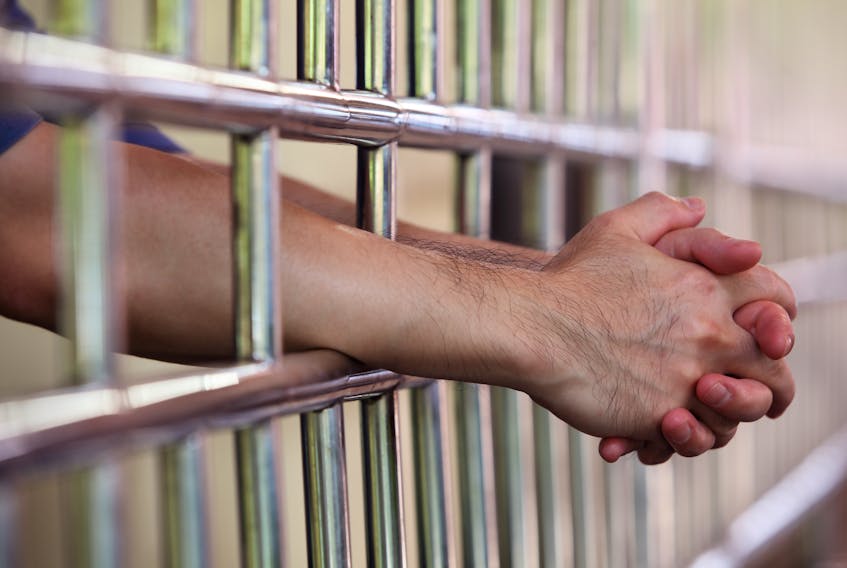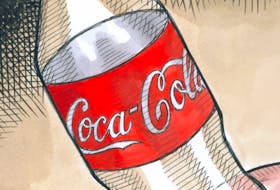There’s a new prison program in Connecticut that’s getting plenty of media ink and gaining the attention of prison reform advocates.

It’s called TRUE — Truthfulness to oneself and others, Respect toward the community, Understanding ourselves and what brought us here, Elevating into success.
It was inspired by Germany’s prison model, which places greater emphasis on rehabilitation rather than retribution.
TRUE is too new to be called a success, but early results are promising. The program is being offered to 50 younger inmates, ages 18 to 25, at Cheshire Correctional Institution for men in Cheshire, Conn.
Read court coverage in The Telegram regularly, and you’ll often see familiar faces or names you’ve heard before; troubled and sometimes angry young men back for another stint at Her Majesty’s Penitentiary.
A May 2018 article (“The Connecticut Experiment”) by Maurice Chammah, written for the nonprofit criminal justice journalism outfit The Marshall Project in partnership with Mother Jones magazine, explains that people in this age group have still-developing brains that are susceptible to impulsive behaviour. It’s no surprise, then, to learn that adults in this age range are more likely to be incarcerated and to reoffend.
The program in Connecticut pairs participants with older inmate mentors who guide them through a process of learning, discipline and self-examination.
Chammah calls it “somewhere between family and reformatory, with strict rules, incentives and long days of work and study.”
“The young men go through a series of stages, learning to confront their pasts, to be vulnerable around their peers, to resolve conflicts through communication instead of violence, and to master basic life skills they may have missed, such as managing a personal budget,” he writes.
Davon Eldemire, 25, is serving 14 years at Cheshire for assault and attempted robbery — he shot and injured the owner of a small grocery store.
The father of a young daughter, he’s going through the TRUE program and has already experienced an attitude shift triggered by greater self-awareness.
In an essay, he wrote, “Becoming a product of my environment had me chasing a dream that cannot manifest. That dream was to sell drugs, promote violence without ending up in here.”
Read court coverage in The Telegram regularly, and you’ll often see familiar faces or names you’ve heard before; troubled and sometimes angry young men back for another stint at Her Majesty’s Penitentiary. Some have had chaotic, scarring childhoods, or suffer from anxiety disorders or addictions. More than one has promised a provincial court judge they’d never see them back in trouble with the law, only to return to the vicious cycle of drugs, violence and crime upon their release.
Some lack hope, and positive purpose.
TRUE encourages inmates to acknowledge their mistakes, to learn and make decisions that will lead to a better, more stable life once they’re released.
The mentoring aspect is a different approach than the typical paramilitary prison model that emphasizes rules and punishments, but it’s not soft on crime.
As Chammah observes, “Left-leaning supporters of prisoner rehabilitation tend to talk about the social and economic forces that lead to crime, while conservatives focus on personal responsibility and poor choices. These two approaches are not in conflict in the ethos of the TRUE program: a bad environment causes bad decisions, but it’s up to you to rise above it.”
There is accountability in the program, and that includes accountability to oneself.
“…the main thrust of the programming is emotional growth,” Chammah writes, “to get the men to analyze how their own anger and sadness alchemized into decisions that harmed others, and then to chart another path.”
TRUE is just one example of the latest attempts at prison reform. There’s no guarantee it could be successfully transferred to an institution like HMP even if there were the resources and political will to do so — especially not in the prison’s current outmoded configuration.
But it does offer hope that there may be better ways to rehabilitate people and make prisons safer, both for those who live there and those who work there.
Pam Frampton is a columnist whose work is published in The Western Star and The Telegram. Email [email protected]. Twitter: pam_frampton
Related column by this author
Pam Frampton: New prison requires new ways of thinking
Get the whole story:
Telegram Special Report explores past, present and future of Her Majesty's Penitentiary
PAM FRAMPTON: Life behind bars — a TRUE story
TIMELINE: Her Majesty's Penitentiary through the years
EDITORIAL: Another decade of darkness
SPECIAL REPORT: No federal cash for HMP
PAM FRAMPTON: New prison requires new ways of thinking
Her Majesty's Penitentiary — ‘This house of Hell’
Inmate's letter speaks volumes about conditions at HMP in St. John's: friend









